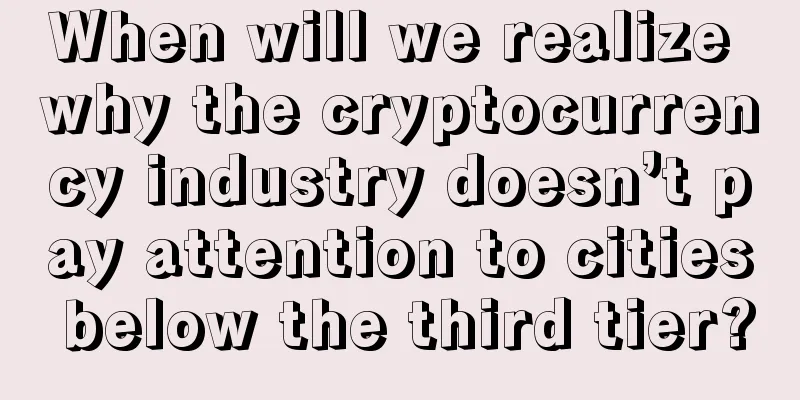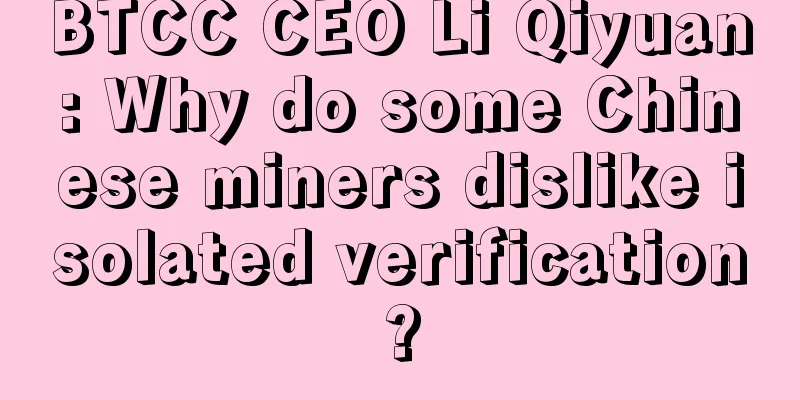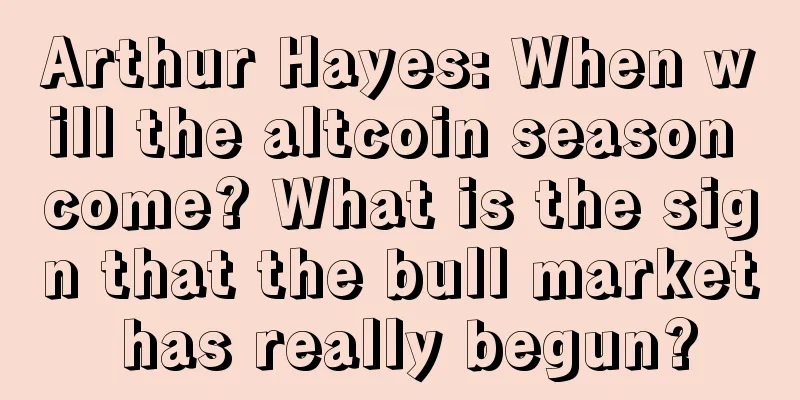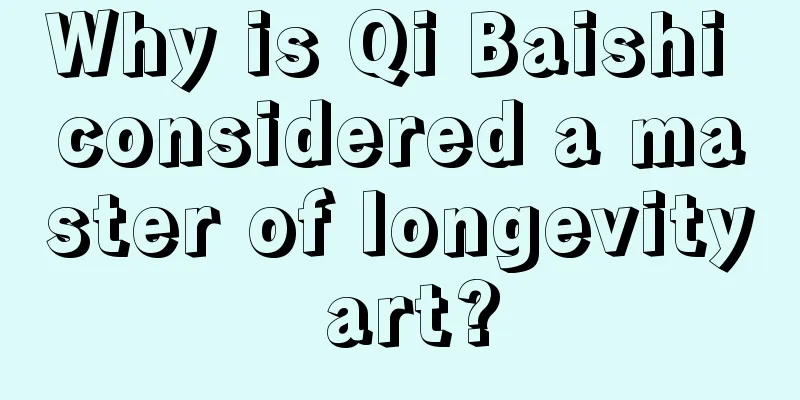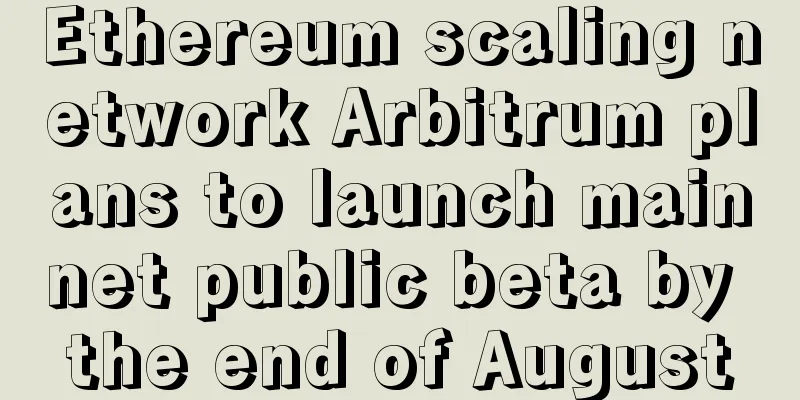In a blockchain world, will governments and regulators take over from banks in enforcing AML regulations?
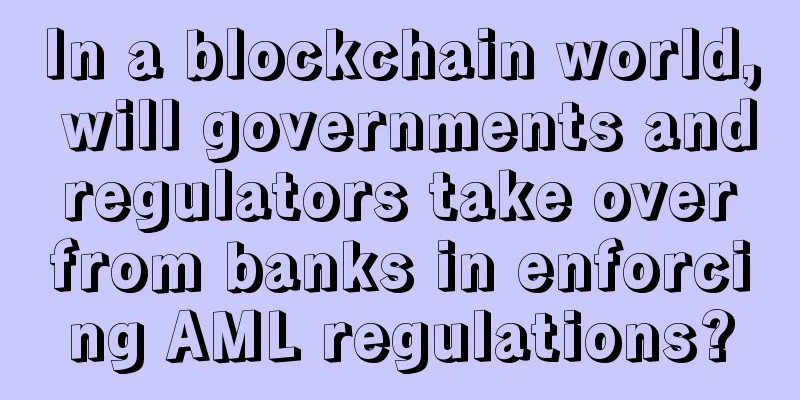
|
When you think “this idea is crazy”, you should stop and think carefully about whether it is really true. When I heard about blockchain, I thought it was crazy, but after thinking about it carefully, I found that this technology does have many advantages. Here are the reasons. First, let’s look at the current state of technology. Real-time networks provide central banks with the ability to settle mass-market retail transactions in real time. In fact, the Reserve Bank of Australia is planning to provide this real-time transaction settlement service under the New Payments Platform (NPP) program, which would avoid counterparty risk. This means that certain scalable technologies could allow central banks to intervene in real time when needed. Blockchain technology provides miners with a unique ability to intervene, check/validate transactions through certain protocols, and then reach agreement on whether the transaction is valid through some consensus mechanism. This once again shows that blockchain can be used to check, review and approve transactions in real time. Second, let’s look at the cost of corporate compliance. Generally speaking, banks spend billions of dollars per year on compliance (exact figures are hard to come by). JPMorgan Chase claims that they have nearly 43,000 of their 230,000 employees dedicated to compliance. Citigroup claims that they have 23,000 compliance staff. By 2017, bank AML budgets are expected to grow by $8 billion, a compound annual growth rate of 9% (source: WealthInsight). With terrorist financing rampant and financial authorities only catching 1% of the $10,000-20,000 laundered money globally, you might wonder why no one has come up with a better way to AML and transaction screening? The reason is mainly risk aversion - if banks are already responsible for AML, why should anyone else do it? This means that all AML responsibilities are placed on the shoulders of banks, which can be a huge burden for banks, so we need some lateral thinking. Here’s a crazy idea – in a world where payments are made using blockchain and real-time networks, why don’t regulators enforce AML themselves? Banks can still perform KYC checks on their customers. But when transactions are generated, some appropriate regulator (such as OFAC) can perform all sanctions screening, BSA/AML checks, acting as a miner in the blockchain network. If the RBA can settle all transactions in real-time in the NPP program, I’m sure all regulators can mine, verify and clear payment transactions in the blockchain network, thereby enforcing AML. What impact will this have? Banks and other financial institutions can expect significant cost and complexity savings. At a minimum, the cost of AML checks on domestic transactions should fall by 50%. In the cross-border payments space, while there are already two regulators enforcing AML between the source and recipient countries, significant cost savings can be realized when a central authority can enforce AML on behalf of all banks. Another top challenge facing banks is finding good compliance talent. The talent issue will also be much simpler if, instead of all banks enforcing AML, only a few regulators need to find such talent. So what’s next? Banking institutions should lobby governments and regulators to accept the idea of sharing the burden of enforcing AML regulations. This will be very difficult to do and it is likely that we will get stuck here. I can imagine that some institutions may prefer to maintain the status quo, even if the compliance costs and complexity increase. But new technology exists to disrupt old technology, right? Maybe one day it will happen, but you never know when...
|
>>: The country with the largest Bitcoin trading volume is not China, but Japan?
Recommend
Able to accommodate 4 billion assets, Ruizi Chain was born to prosper the digital currency market
introduction Until people gradually realized how ...
How to judge a man's career achievements by his career line
Men generally pay more attention to their careers...
Bitcoin forms a doji, is it a downward relay or a reversal rebound?
Last night, the market was flooded with bargain h...
Can the fate of killing husbands be resolved? Women with the fate of killing husbands are often very mean.
For a person, in fact, he may be particularly car...
Palmistry fortune line analysis of fortune
A good palm represents a person's good luck, w...
Are horse post ears really a blessing? What kind of ears are horse post ears?
Is it really a blessing to have a horse tie ? Hit...
Palmistry Master tells you what are the palm lines of a woman who spends money
In less than three months, the annual Singles'...
How to tell if a stingy person is stingy
In life, we always meet some selfish and stingy p...
How to read the children line in palmistry? Is it accurate?
How to read the children line in palmistry? With ...
Bitcoin mining company Butterfly Labs accepts settlement
Bitcoin mining company Butterfly Labs and two of ...
What BTC spot ETF applications are there now? What are the approval timelines and deadlines?
On August 29, good news came from the Bitcoin spo...
The rice-shaped lines on your hands indicate good luck.
Have you ever noticed the lines on your hands? Th...
How to calculate personal fortune at the forehead
How to calculate personal fortune at the forehead...
Why I think Ethereum will exceed 2000 USDT in February
Hello everyone, I am Carbon Xiaojing, an optimist...
I have a lot of small red moles on my body, is this okay?
Some people have red moles on their bodies. Red m...
